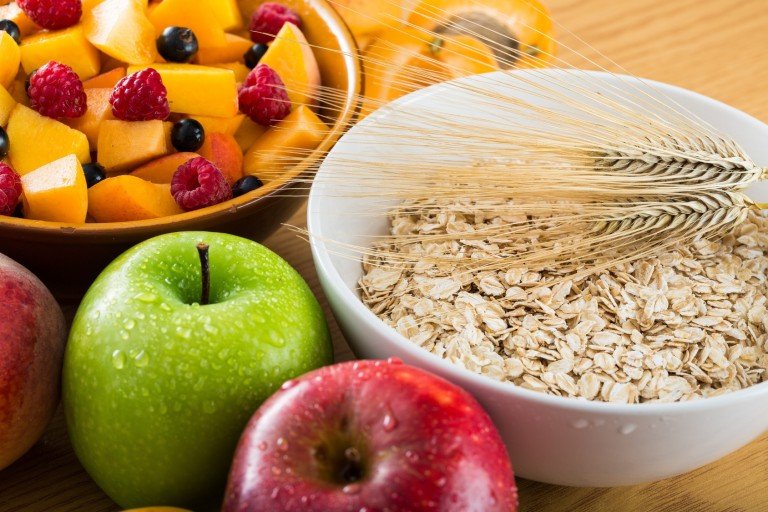We know that in an activity like running, the intestine can be subjected to not indifferent stress, it is therefore preferable to know the dynamics of this organ and what remedies there may be for preventing certain problems and the decrease performance over the months of preparation. The intestinal bacterial flora is composed of very small living beings with dimensions in the order of the thousandth of millimeter. Although we can not see them with a naked eye, bacteria are everywhere, in our bodies and in the whole environment around us.
Intestinal flora works as a defense, capable of modifying the intestinal environment and making it unfavorable to the proliferation of pathogens.
Throughout life, flora is not always stable and is composed of “good” bacteria such as Lactobacillus and Bifidobacterium, “bad” bacteria such as Pseudomonas aeruginosa, Staphylococcus, Clostridium, Proteus, Veillonella, and “neutral” bacteria that become harmful only in certain conditions escherichia coli, nterococci, streptococci, bacteroides, eubacterium.
In physiological conditions, harmful microorganisms are “controlled” by the whole positive bacterial flora. It should be emphasized that antibiotic therapy, agitated lifestyle, intense and prolonged physical activity may prevail bad bacteria on the good bacteria. Nutrition or malnutrition may also affect the composition and activity of the intestinal flora.
Below you will find some rules to promote the efficiency of intestinal bacterial flora:
- Maintain proper nutrition and try to eliminate the conditions that have caused the alteration.
- Use of probiotics, that is, by the oral integration of “good bacteria” that are able to arrive alive and vital in the intestines after overcoming barriers consisting of gastric juices and digestive secretions and able, if taken regularly, to positively influence the intestinal ecosystem, for example taking a yogurt daily better if white with added fresh or dried fruit.
A malfunctioning of the intestinal bacterial flora for bad eating habits and excessive oxidative stress can lead the athlete’s body and not just into problems and bowel disorders. One of these issues is definitely “constipation” or irritable colon.
Constipation is a common disorder today in all age groups. To prevent and fight constipation, a high-fiber diet is needed. Whether it is one of non-soluble nature that helps defecation, that is speeding the passage of food through the stomach and the intestine or is that one of soluble fiber, it is useful for limit the absorption of glucids, lipids and cholesterol.
Foods rich in fiber are: dried legumes such as chickpeas, lentils, beans, peas, broad beans and whole grains such as whole grain bread, whole grain pasta, fruit and vegetables.
It is also important to remember to take at least 8 glasses of water a day (about 1.5-2.0 liters per day) to best use the fiber’s beneficial power towards intestinal transit and therefore to help prevent constipation. Because constipation often accompanies alteration of the intestinal bacterial flora, probiotics are particularly useful to contain swelling due to excessive fermentation and at the same time to prevent the possible introduction of microorganisms not belonging to the physiological ecosystem by promoting a correct intestinal transit.
I also recommend:
• fruits and vegetables: they must always be present in abundance on the table. Consume at least 5 servings of fruit or vegetables per day. For example: fresh juice or fruit juice in the morning; a fruit like snack and fruit and vegetables at meals; at least 200 grams of vegetables and 200 grams of fruit at lunch and dinner. Prefer to only pasta or rice, minestrone or vegetables
• Legumes: Consume at least 2-3 times a week. By alternating consumption: peas, chick peas, lentils, beans
• Wholemeal cereals: Learn how to consume wholemeal bread, pasta, crackers and biscuits.
To conclude, one can surely say that we can’t neglect the treatment of the intestine as it is an important organ for the optimum functional of our body. So if we want to improve our performance and train ourselves to the best of our goals, it is appropriate not only to care for the preparation but also, above all, the nutrition and possible integration to improve the functionality.
